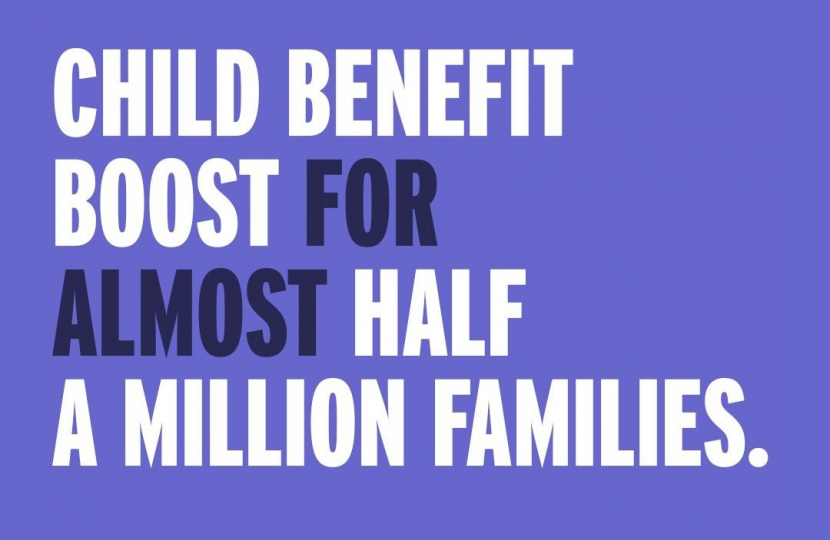Last week’s news agenda was of course dominated by the Budget. Top of the list of priorities was to maintain the progress on driving down inflation and debt, and encouraging growth.
The headline item was the 2 percent cut in National Insurance, covering 29 million working people, and – together with the previous cut – totalling a £900 benefit for average earners.
But there was a great deal more to the Budget, and I thought I’d use my Herald and Post column this week to unpack some of the parts most relevant to East Hampshire.
So much of our local economy in East Hants is driven by small businesses; the VAT threshold change is significant for businesses hovering near the existing threshold. Alongside the NI cuts for employees, there is also a cumulative benefit of £650 per year for the average self-employed person as well.
The Chancellor continued his commitment to support working parents by raising the earnings threshold for child benefit. This change to the high income child benefit charge has raised the level at which child benefit starts tapering off, benefiting some parents by an average of £1,260.
By April 2026 this charge will be made on the basis of household earnings, rather than the salary of the higher earner, as it is currently. I know from my inbox that this change is salient and will be welcomed by a lot of local two-earner families.
This is all in the context of major reforms to funded childcare places for pre-school children that start coming into effect from next month. The Budget also gave better visibility to local childcare providers for the time ahead.
Separately, Hampshire County Council recently confirmed funding received, and outline plans, for ‘wraparound care’ for school age children in the county from this September.
All of these improvements to childcare are really welcome in an area like East Hampshire where businesses often struggle to fill vacancies even while quite a lot of working age people locally would like to return to work – but are hamstrung by childcare costs.
Also very relevant for rural areas like ours was confirmation that fuel duty has been frozen for another year, (indeed the fourteenth consecutive year) keeping £50 in the pocket of the average motorist. Likewise, the freeze on beer and wine duty will support our publicans.
I was pleased to see a further time extension in the Household Support Fund, which has been really important in the period of higher inflation. Councils have had the flexibility to decide how to deploy this to reflect local circumstances, and Hampshire have been particularly innovative.
Overall, there is still a lot of work to do on the economy, but we have wages going up, inflation coming down, and unemployment remaining low.
The measures in the pandemic, like furlough and the business support schemes, were phenomenally expensive, which inevitably needs to be paid for. Those measures were right to do, because they kept people in jobs and meant we bounced back economically faster than Germany or France. But now it is right to start to ease the tax burden and chart a path to how we can do more (you can see me talking to ITV News about this above).
=================================================================================================



